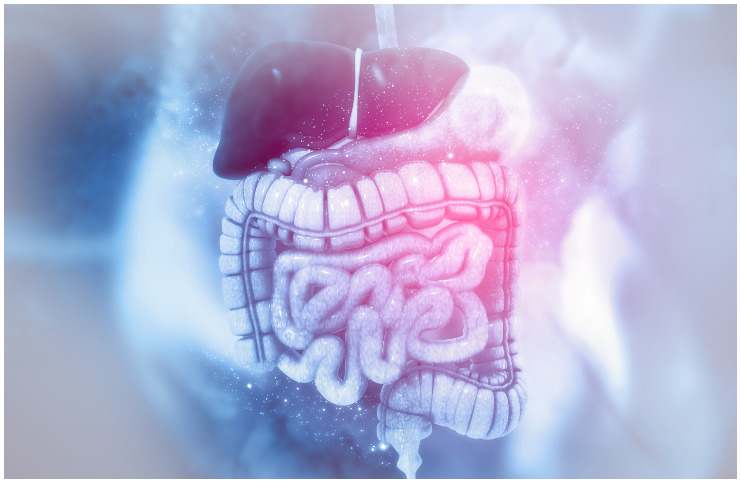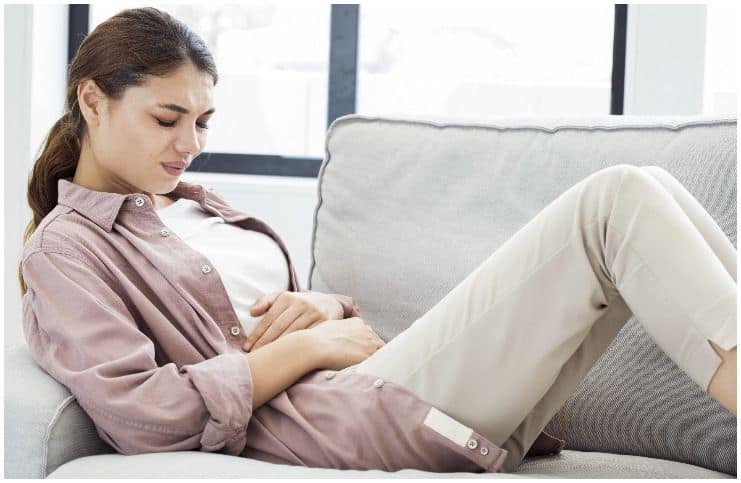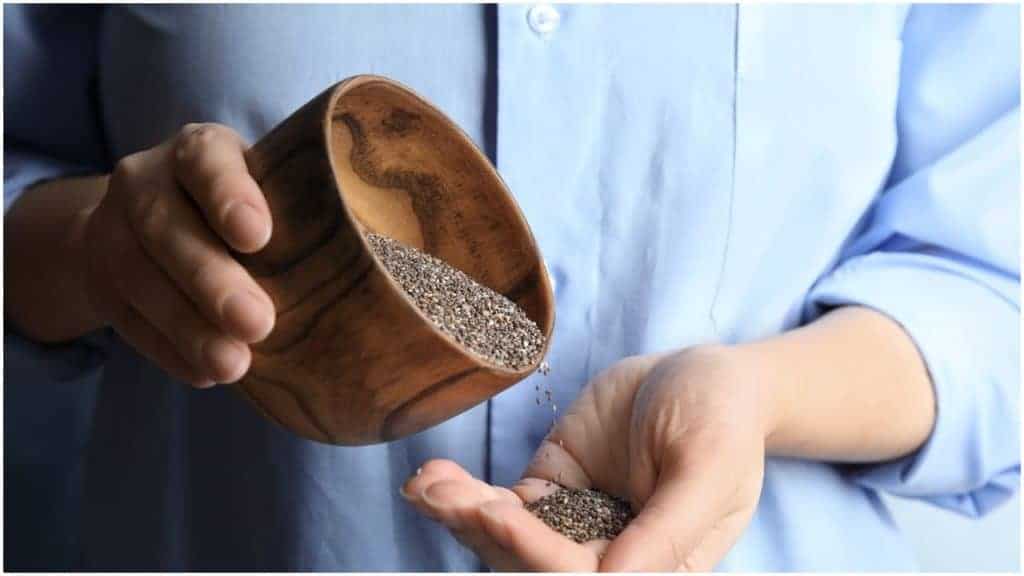Diverticulitis is a condition that occurs when the bulging sacs that appear in the lining of your large intestine get acutely infected. It can appear anywhere in the large intestine, however, the most usual form occurs near the end of the large intestine on the left side.
This condition is much more frequent in Western nations where dietary fiber intake is considerably less than in developing countries (especially in Africa or South Asia). For instance, according to Harvard Health Publications, 5 out of 10 Americans over age 60 will develop this condition, while 7 out of 10 probably have it by the age of 80.
Serious complications can appear as a result of this problem and may lead to the development of a tear or perforation of the intestinal wall. In addition, severe cases may require hospitalization.
This disease can be diagnosed with barium sigmoidoscopy, X-rays, CT scan, or a colonoscopy. Furthermore, liver enzyme and lipase (an enzyme that catalyzes the hydrolysis of fats) levels may help to exclude other causes of abdominal pain.
Symptoms
Many patients with this condition have no symptoms, but when these do occur they can include:
- constipation, followed by bouts of diarrhea;
- severe abdominal pain, particularly on the left side;
- a change in bowel habits;
- severe flatulence;
- chills and fever;
- pain during urination;
- rectal bleeding that’s commonly bright red.
Causes
- a low-fiber diet which causes the stool to be harder and ultimately can lead to constipation. Symptoms of constipation include – stools appearing hard and dry, feeling unable to completely empty your bowels, bloating, flatulence, cramps or stomach upset, and loss of appetite.
- obesity, especially if you are seriously overweight (body mass index of 30 or greater).
- use of prescription medications such as – steroids, opiates, and non-steroidal anti-inflammatories.
- nicotine and smoking tobacco produce havoc on the digestive system. For example, intestinal difficulties such as – gas, nausea, and constipation are all believed to be symptoms of withdrawal from nicotine.
- genetics may also play a small role.
So, is it safe to drink alcohol when suffering from diverticulitis?
Short answer – NO. Alcohol can increase the frequency of flare-ups and may trigger symptoms.
In addition, alcohol abuse can disrupt the delicate equilibrium of the intestinal environment. Even a single session of heavy drinking can produce adverse effects on your digestive tract. Once it quickly enters your bloodstream, alcohol has negative effects on nearly every system and organ in your physical body. Moreover, it can cause both constipation and diarrhea.
Fiber-rich foods
A high-fiber diet minimizes symptom duration and recurrence. More importantly, dietary fiber softens and adds bulk to stools, helping them pass more easily through the large intestine. Additionally, fiber helps with weight loss by keeping us fuller for longer, slowing down digestion, and helping the release of insulin and glucose.
There are 2 types of fiber:
- Insoluble fiber – bulks up your stool, acts like a brush, keeps things moving and sweeps through your colon to get everything out.
- Soluble fiber – helps you feel full for longer and slows digestion.
According to a 2011 observational study by the Cancer Epidemiology Unit, the University of Oxford, United Kingdom, individuals who consumed a minimum of 25 grams of dietary fiber daily had a 41 percent lower risk of being hospitalized for this condition compared to individuals who consumed less than 14 grams of fiber per day.
Here is a list of high fiber foods:
- Legumes – black beans, lentils, red kidney beans, split peas, lima beans, chickpeas, soybeans.
- Vegetables – Swiss chard, cauliflower, Brussels Sprouts, celery, yams, sweet potatoes, raw carrots, cantaloupes, lettuce, spinach, broccoli, zucchini.
- Fruits – prunes, peaches, bananas, figs, mangoes, pears, pineapples, apples, and tangerines.
- Nuts – almonds and pecans.
- Seeds – chia seeds, flaxseeds, sesame seeds, watermelon seeds, and sunflower seeds. While avoiding seeds and nuts has historically been recommended by healthcare specialists, a strong association between ingesting these seeds and nuts and this disease has not been found, hence, avoiding them is no longer recommended.
- Grains – oat bran, oatmeal, millet, brown rice, quinoa, amaranth, and barley.
This plant-based diet will not treat this disease completely, but it helps to ward off symptom flare-ups.
A list of foods to avoid eating with diverticulitis:
- pulp-free fruit juices;
- foods with trans fats, which include anything fried or battered and the majority of processed foods;
- foods high in saturated fat, such as – meats, dairy products, and eggs.
- vegetable and seed oils.
Tips
Moderate regular exercise can help the muscles in your colon to maintain their tone, thus encouraging regular bowel movements. More importantly, physical exercise may be the key to building a healthy and diverse microbial community.
Eliminate completely any sources of caffeine, like – sports drinks, coffee, caffeinated tea, or chocolate because it intensifies symptoms of bowel conditions such as – irritable bowel disorder, gastritis, Crohn’s disease, and colitis.
Consume plenty of fluids that help the dietary fiber flow correctly and easy through your digestive tract.
Intake only plant-based smoothies for 2 days and then eating foods.
Elevating your feet slightly on a stool will reduce the straining.
Paracetamol can be used to relieve pain. In severe cases or if diet won’t provide results fast enough, this condition is treated with antibiotics.
References http://umm.edu/health/medical/ency/articles/ https://www.ncbi.nlm.nih.gov/pubmed/21771850/ https://www.ncbi.nlm.nih.gov/pmc/articles/PMC3625022/ https://www.ncbi.nlm.nih.gov/pubmed/12828956


